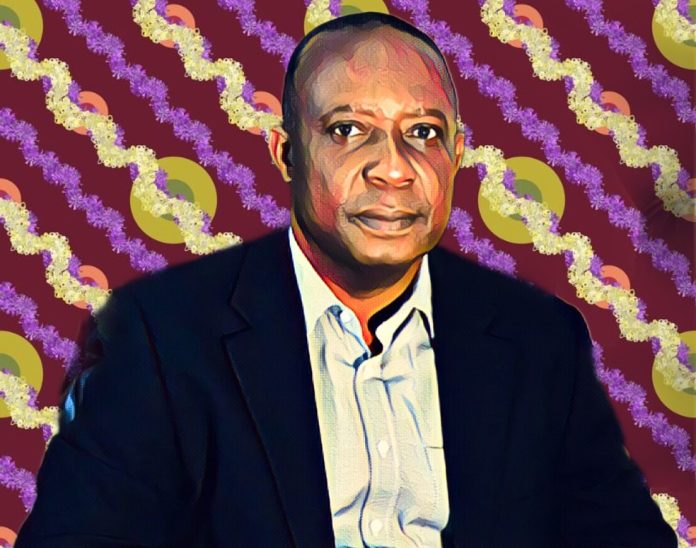Key Points
-
Eze Anaba calls for empathy in addressing mental health in Nigeria.
-
Vanguard advocates decriminalizing suicide and promoting reform.
-
Summit pushes for collaboration across sectors to improve awareness.
Vanguard Newspaper’s Editor, Eze Anaba, has urged Nigerians to show empathy and support for those facing mental health challenges.
He said the country must start treating mental well-being as a public priority instead of a personal burden.
Speaking at the third edition of the Vanguard Mental Health Summit in Lagos, Anaba said the event had become a vital platform for awareness and policy discussion since it began in 2021.
This year’s summit, themed “Stemming the Rising Tide of Suicide in Nigeria,” focused on “Substance and Silence: Unmasking the Dual Crisis of Addiction and Suicide.”
Anaba said the discussion was timely given the growing link between economic hardship and mental distress.
He cited a World Bank report showing that 139 million Nigerians now live below the poverty line, nine million more than before.
“This harsh reality is pushing more people to the edge,” he said. “For some, it leads to the painful belief that life is no longer worth living.”
Calls for compassion and reform in Nigeria’s laws
Anaba noted that mental illness comes from many causes, but compassion must always guide national responses.
He said that while many developed nations treat suicide attempts with understanding and care, Nigeria still criminalizes them.
He expressed optimism that a bill before the National Assembly seeking to decriminalize suicide would be passed soon.
“We need a system that heals, not one that punishes those already in pain,” he said.
Anaba also reminded journalists of their power to shape public perception, saying the media must go beyond storytelling to spark change.
“Vanguard is committed to promoting dialogue that leads to reform, awareness, and better access to care,” he said.
Building partnerships for a more compassionate society
Anaba called for stronger partnerships between government agencies, private organizations, and civil society to address mental health collectively.
He said the issue cuts across all parts of society, affecting homes, schools, and workplaces.
“Mental health affects our families, our workplaces, and our communities,” he said. “The pressures of modern life — from economic uncertainty to insecurity and trauma — continue to wear people down.”
He thanked the summit’s partners, sponsors, and facilitators for their continued support, saying their involvement showed that progress was possible through collaboration.
Anaba ended his remarks with a call to national empathy. “Mental health is not a luxury. It’s a necessity.
When we invest in mental health, we invest in the strength and future of our nation,” he said.
Now in its third year, the Vanguard Mental Health Summit continues to attract mental health professionals, advocates, policymakers, and stakeholders working to reduce suicide and promote awareness in Nigeria.



